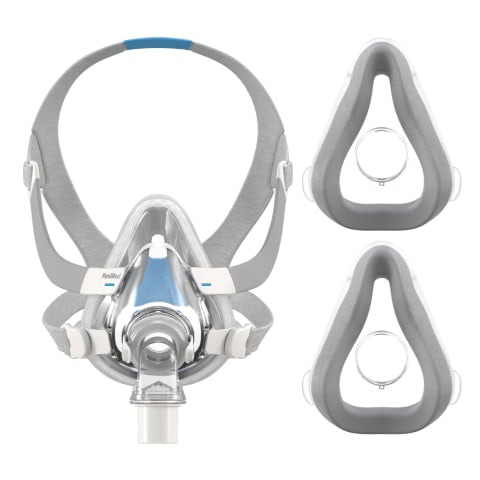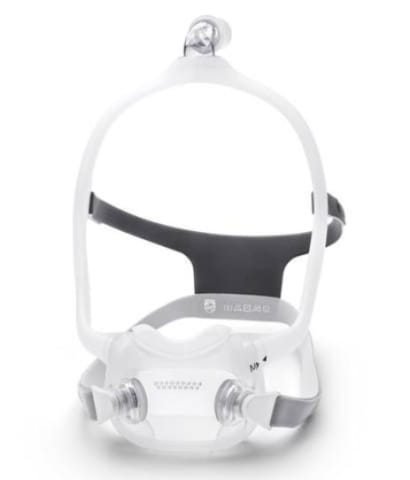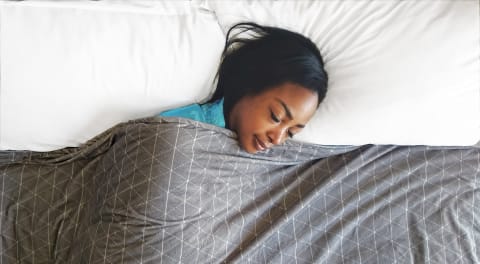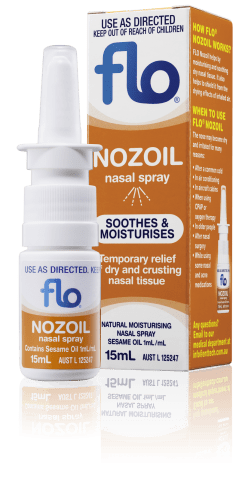Full Face mask Respirator
Full Face CPAP Masks vs. Full Face Respirators
If you’re new to CPAP therapy or looking into different mask styles, it’s easy to confuse a full-face CPAP mask’ with a full-face respirator. While they might look similar at first glance, their purpose, design, and function are completely different.
On this page, we’ll guide you through the key differences between full face CPAP masks and full-face respirators, explore which users benefit most from full face CPAP masks, and offer tips on selecting the right CPAP mask for your needs. We’ll also answer common questions from patients who are comparing these two types of facial interfaces.
The Difference between Full Face Mask Respirator and CPAP Masks
While both full-face CPAP masks and full-face respirators cover the mouth and nose, their functions are entirely different. A full-face respirator is designed for protection in industrial or hazardous environments. It seals tightly around the face and uses filters or cartridges to block airborne toxins, chemicals, or infectious particles. These masks are commonly used in construction, chemical handling, or health emergencies where air quality is compromised.
On the other hand, a full-face CPAP mask is a medical device used to treat obstructive sleep apnea (OSA). It delivers a steady flow of air pressure from a CPAP machine into your airway to keep it open while you sleep. The seal is comfortable rather than rigid, and it’s designed for overnight use in the comfort of your bedroom, not for environments requiring air filtration.
Respirators also typically require special training, fit-testing, and are not designed for continuous nightly wear. In contrast, CPAP masks are intended to be worn for several hours each night, prioritising comfort, breathability, and skin-friendliness. Confusing the two can lead to unrealistic expectations about CPAP therapy or misuse of equipment.
Tip: If you’ve been researching masks and come across respirator-style products, make sure you’re looking at medical-grade CPAP masks from reputable brands like ResMed or Philips Respironics. If you’re unsure, the Sove team is happy to guide you through the options.
Full-Face CPAP Masks for CPAP Mouth Breathers
Full face CPAP masks are a great solution for people who breathe through their mouth at night. Whether due to nasal congestion, anatomy, or habit, many sleep apnea patients simply can’t use a nasal-only mask effectively. A full-face CPAP mask covers both the nose and mouth, ensuring that therapy is uninterrupted regardless of how you breathe.
These masks are also a good choice for those who:
- Experience frequent nasal blockages
- Sleep with their mouth open
- Have difficulty adjusting to nasal pillows or nasal masks
- Need higher air pressures for treatment
Top models like the ResMed AirFit F20 and the Philips Respironics DreamWear Full Face are popular among CPAP users for their reliable seals and user-friendly designs. These masks come with soft silicone cushions that contour gently to the face, reducing leaks while still feeling comfortable against the skin.
The AirFit F20, for example, features an InfinitySeal cushion that adapts to facial movements, while the DreamWear Full Face provides a minimal-contact design that reduces bulk and improves field of vision. Both offer adjustable headgear to personalise fit and enhance stability throughout the night.
If you’ve had trouble with other mask types, switching to a full-face option might solve issues with air leaks, dry mouth, or disrupted sleep. Sove CPAP Clinic offers personalised consultations to match your sleeping style and facial structure with the most appropriate mask model.
 Further $15 Off with code "VALENTINES15"
ResMed AirFit F20 Full Face CPAP Mask
Further $15 Off with code "VALENTINES15"
ResMed AirFit F20 Full Face CPAP Mask
 Further $15 Off with code "VALENTINES15"
ResMed AirFit F40 Full Face CPAP Mask
Further $15 Off with code "VALENTINES15"
ResMed AirFit F40 Full Face CPAP Mask
 Further $15 Off with code "VALENTINES15"
ResMed AirTouch F20 Full Face CPAP Mask Starter Kit (includes 2 spa...
Further $15 Off with code "VALENTINES15"
ResMed AirTouch F20 Full Face CPAP Mask Starter Kit (includes 2 spa...
 Further $15 Off with code "VALENTINES15"
ResMed AirFit F30i Full Face CPAP Mask
Further $15 Off with code "VALENTINES15"
ResMed AirFit F30i Full Face CPAP Mask
 Philips Respironics DreamWear Full Face CPAP Mask (S and M Frame)
Philips Respironics DreamWear Full Face CPAP Mask (S and M Frame)
Full Face CPAP Masks Are Available with Trial Periods and Expert Guidance
Starting CPAP therapy can be overwhelming, especially when it comes to selecting the right mask. That’s why at Sove CPAP Clinic, we offer mask trials and fittings to help you find a full-face CPAP mask that fits comfortably and works effectively for your unique needs.
Every face is different, and what works for one person may not work for another. Some users prefer the stability of a traditional full-face mask like the AirFit F20, while others gravitate toward the lightweight feel of the DreamWear Full Face or ResMed’s AirTouch F20, which features a memory foam cushion.
During a mask trial, you’ll have the opportunity to test different models at home for several nights. Our team will follow up with you to ensure the mask is sealing properly, doesn’t cause discomfort, and is helping you maintain good therapy compliance. If it’s not the right fit, we’ll help you try another model until you find one that’s just right.
We also provide training on how to clean and care for your full-face CPAP mask, including:
- Daily wipe-downs with CPAP mask wipes
- Weekly deep cleaning with warm, soapy water
- Replacing cushions and headgear (typically every 1–6 months)
Investing time in a proper fitting process and mask trial can make the difference between struggling with CPAP and thriving with it. We encourage all new patients to take advantage of Sove’s expert support to get set up for long-term success.
ALWAYS FOLLOW THE DIRECTIONS FOR USE. CPAP is used for Obstructive Sleep Apnoea treatment. When considering whether CPAP is right for you, speak to your doctor.
Frequently Asked Questions
Can a Full-Face CPAP Mask Provide a Similar Seal or Coverage as a Respirator?
Full face CPAP masks do provide a secure seal around the nose and mouth, but the purpose and fit are different from a respirator. Respirators are made for airtight protection in hazardous environments, often with rigid seals and specialised filters. CPAP masks, while they create a seal to deliver pressurised air effectively, prioritise comfort and flexibility over rigid containment.
The silicone or foam cushions used in CPAP masks are designed to be gentle on the skin for all-night wear, which wouldn’t meet the industrial safety standards required of respirators. So while a CPAP mask may appear similar in design, it should not be used as a replacement for a respirator in situations requiring protection from toxins or airborne contaminants.
For sleep apnea therapy, however, a full-face CPAP mask like the ResMed AirFit F30i or Philips DreamWear Full Face offers excellent coverage and support to maintain your prescribed pressure, reduce leaks, and ensure restful sleep.
Are Full Face CPAP Masks Designed to Be Worn for Long Periods Overnight?
Yes, full face CPAP masks are specifically designed for overnight use. They’re engineered to remain comfortable and functional throughout a typical 7–9 hour sleep cycle. Materials like soft silicone or memory foam conform to your facial contours, while adjustable headgear ensures the mask stays in place—even if you move around in your sleep.
Many modern masks also feature quiet venting systems to reduce airflow noise and include quick-release clips for ease of removal during the night. The focus is on delivering effective therapy without interrupting your comfort or rest.
Users are encouraged to follow proper cleaning and replacement schedules to maintain hygiene and ensure consistent performance. For help adjusting your fit or choosing a model you can wear comfortably all night, the Sove CPAP team is always here to help.
Do Full Face CPAP Masks Cover Both the Mouth and Nose Like Respirators Do?
Yes, full face CPAP masks do cover both the mouth and nose, similar in appearance to respirators. This is essential for CPAP users who breathe through their mouth during sleep or experience nasal congestion.
However, the key difference lies in the mask’s intended function. Unlike respirators, which are built to filter out airborne particles, CPAP masks are built to deliver a continuous stream of air to keep the airway open during sleep. The seal must be snug enough to maintain air pressure but comfortable enough for overnight use.
Options like the ResMed AirFit F20, AirTouch F20, or Philips DreamWear Full Face provide this coverage in a way that’s breathable, comfortable, and suited for long-term sleep therapy.
Is There a Full-Face CPAP Mask Suitable for Users with Facial Hair?
Yes, there are full face CPAP masks that can work effectively for users with beards, moustaches, or stubble. While facial hair can sometimes interfere with a perfect seal, many masks are designed to accommodate a variety of facial shapes and sizes.
The ResMed AirFit F20 is often recommended for users with facial hair because its InfinitySeal cushion adapts well to contours and minor gaps. The AirTouch F20, with its memory foam cushion, may also offer a better seal for those with beards since the foam can compress around the hair.
What Features Should I Look for When Comparing Full Face CPAP Masks?
When choosing a full-face CPAP mask, consider the following features to ensure the best experience:
- Cushion Material: Silicone offers flexibility, while memory foam may provide a better seal for certain users.
- Headgear Design: Look for adjustable, comfortable straps with magnetic or clip fasteners.
- Mask Frame: Some models have minimal contact frames to reduce bulk and improve visibility.
- Vent System: Quiet exhalation ports make therapy more pleasant for you and your partner.
- Fit Range: Choose a mask that comes in multiple sizes or has fit guides to suit different face shapes.
- Compatibility: Ensure the mask is compatible with your CPAP machine and tubing.








